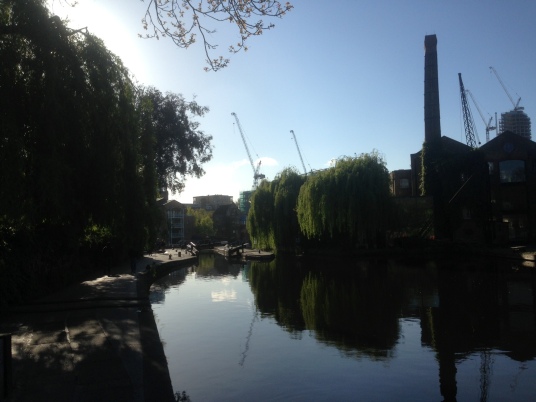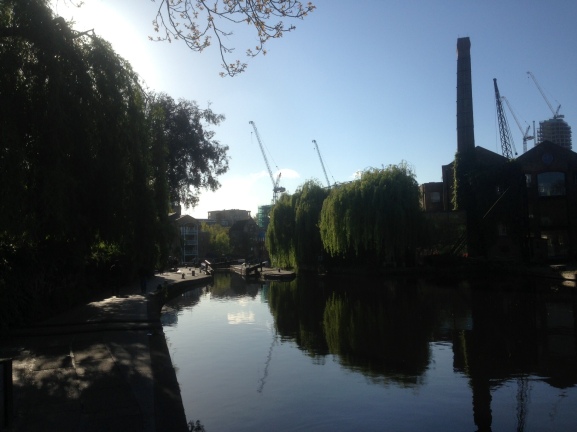NBTA London new case-worker collective
The London branch of the National Bargee Traveller Association (NBTAL) has launched a new case-worker group in a bid to help London boaters who are affected by enforcement and the new Canal and River Trust policy on refusing licences.
The volunteer case workers can be contacted for help and advice at nbta.london.caseworker@gmail.com and will soon be available for a chat on a special mobile phone helpline.
The caseworker group keeps up to date with pooled knowledge of the current implementation of the new enforcement policy and the legal framework under which the policy sits, and can give assistance on ‘how far is far enough’ questions, re-licensing, sighting data queries and benefits, disability allowances and adjustments and other related advice.
After a trial period when the new policy only affected new boaters on their first licence, CRT has recently announced that the new enforcement policy came into action for all boaters on the 1st of May. Anyone having their licenced renewed after that will fall under the new policy.CRT have also stated that if a licence is renewed after the 1st May, they will look back over the previous year and make a decision as to whether you fit their current definition of “moving far enough and often enough”. If the boater fails this test, they will refuse to renew their licence and will tell the boater to take a home mooring or remove their boat from their waters. If the boat is not removed and is a livaboard, then the next step is that they will probably take the boater to court for having no licence and to seize the boat and remove it from the canal.
For an unspecified trial period, CRT are offering temporary three or six month “restricted” licences to affected boaters so they can “mend their ways”. This offer of restricted licences is “while boaters get used to the new regime”. The NBTAL fears that at some point in the future, CRT will simply refuse to renew licences with no restricted trial period offered. At a recent Canal User Group meeting, an NBTAL member asked the London enforcement manager how long the trial period would last and what would happen afterwards and was told that “boaters would always be warned before we refuse to renew their licence.”
After a request from the NBTA at a recent meeting, CRT have stopped charging premium rates for these “restricted” licences and the cost is now pro rata to the full licence.
A spokesperson for the group said:
“In April and May this year, 60 licences out of a total of 160 new first year boaters were put on three or six month “restricted” licences for what the Canal and River Trust claim is “not moving far enough or often enough.” Regardless of our concerns about the legality of the new policy, the caseworker group is keeping itself up to date on its implementation and are available to give the best information possible to help livaboard boaters keep their homes.”
“If you are affected then contact us and we will do our level best to work with you to offer advice and support to enable you to carry on living on the water. We are also monitoring what distance/criteria CRT are enforcing on and what criteria they are saying must be fulfilled to ‘pass’ the restricted temporary licence period, so even if you think you can handle it yourself please get in touch as the info is invaluable. It will be confidential and we do not publish or publicise any individual emails to or from the enforcement team, though we may release the odd report with the anonymised generalised trends of where the implementation of the enforcement policy is heading.”
“We will also work with the Waterways Chaplaincy in the case of particularly vulnerable boaters. The case workers will work in your interest and keeping you on the water, if that’s what you want; is paramount, whether through negotiation, support, referral or other appropriate methods. As a last resort because court cases are usually lose-lose situations, we have experienced boaty lawyers at hand for advice and referral just in case the shit really hits the fan.”


